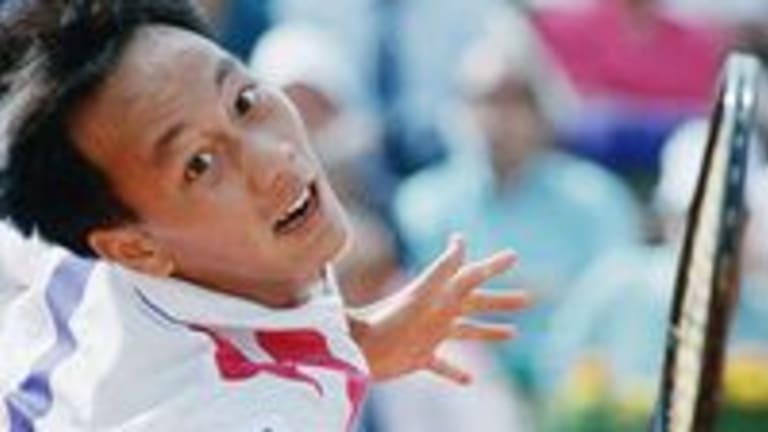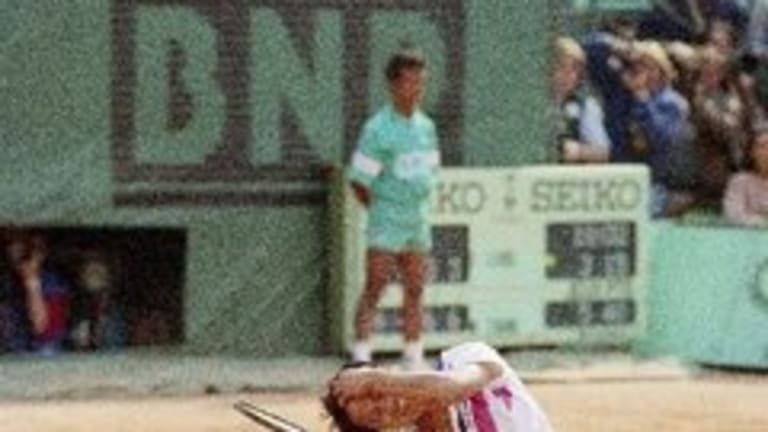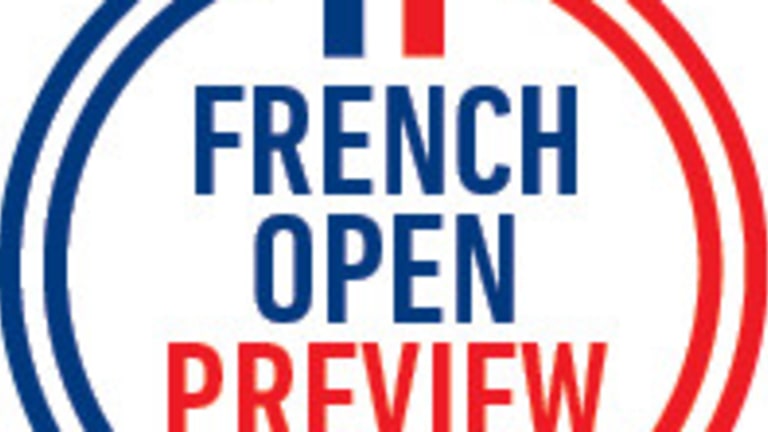It was the shot felt, if not necessarily heard, around the world. Yet the underhanded serve that Michael Chang used at a critical moment in his upset of heavily-favored Ivan lendl at the 1989 French Open was merely one element in what became one of the most compelling stories in tennis history.
That year, at the age of 17 years and 110 days, Chang became the youngest male singles champion in Grand Slam history—a record that still stands, and may never be challenged. Chang also became the first player from the U.S. to win at Roland Garros since Tony Trabert took the title in 1955. Chang’s mission seemed all the more impossible at the time because tennis in the U.S. was in low ebb. Jimmy Connors and John McEnroe were fading fast and, in theory, there were few worthy successors on the horizon.
But there’s more. Two days before the Asian-American faced Lendl in what would become a historic fourth-round match, tanks rolled into Beijing’s Tiananmen Square to brutally squash the demonstrators engaged in a budding pro-Democracy movement. Chang and his family watched, horrified and distraught, as CNN beamed images of the deadly conflict on the television in their Paris hotel room (no accurate death toll was ever established, but most sources agree that hundreds of protesters were slain by Chinese soliders).
“What it was really about,” Chang would say about his momentous achievement after the tournament, “was the opportunity to bring a smile upon Chinese people's faces around the world when there wasn't a whole lot to smile about. I honestly feel that that was God's purpose for allowing me to be able to get through those matches.”
Young Michael Chang weathered numerous storms over that fated fortnight, not least of which was the criticism and cynicism with which many people greeted the heartfelt professions of his evangelical Christian faith. His chief worries, though, were of a markedly less spiritual bent. They revolved around the physical demands of best-of-five-set tennis on red clay.


